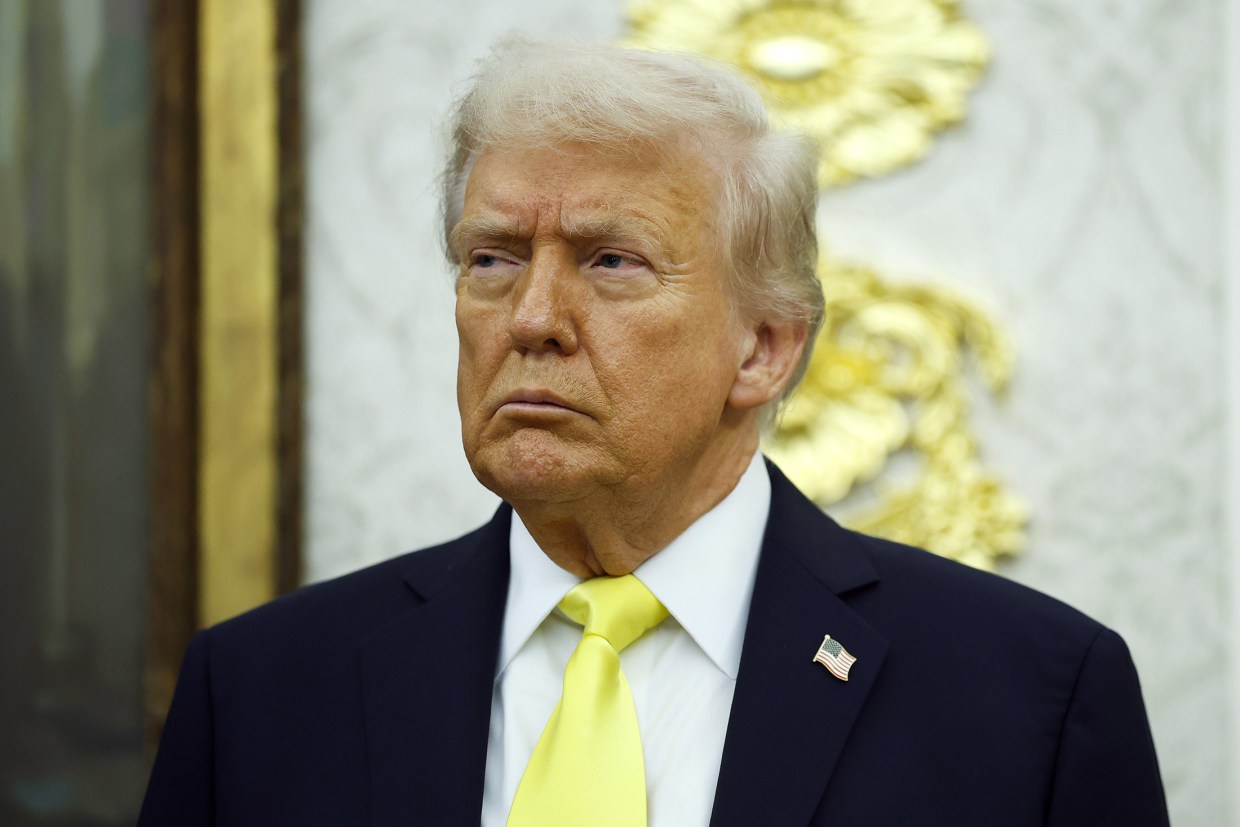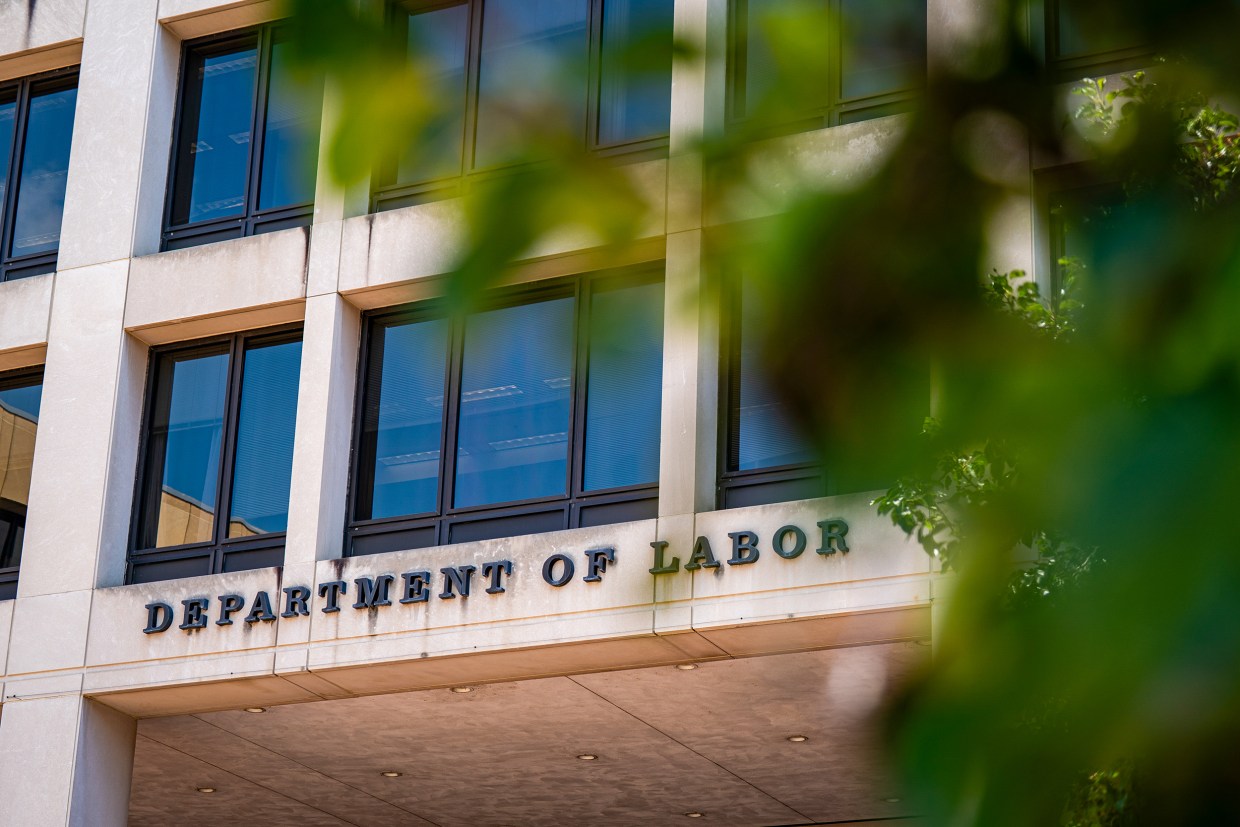As the United States government enters its 21st day of a partial shutdown, the political landscape remains charged with uncertainty. President Donald Trump’s administration is facing mounting pressure both at home and abroad. While tensions rise domestically, international relations are also feeling the strain, with key talks between Trump and Russian President Vladimir Putin now on hold. The shutdown, driven by an impasse over border security funding, has created a deadlock that impacts the federal workforce, government services, and foreign policy.
Political Stalemate and the Current Closure
The ongoing government shutdown, now in its third week, is a direct consequence of political divisions within Congress. The central issue at the heart of this crisis is President Trump’s demand for $5.7 billion in funding for a border wall along the U.S.-Mexico border, which he claims is necessary to curb illegal immigration and secure national borders. However, Democratic lawmakers have refused to approve the wall funding, arguing that it is an inefficient and expensive solution to the complex issue of border security. As a result, many government operations have been suspended, and hundreds of thousands of federal workers are furloughed, with some working without pay.
Global Diplomacy in the Wake of the Shutdown
This political gridlock has had serious consequences, not just on the domestic front, but also on the United States’ standing on the global stage. One key development is the postponement of high-stakes diplomatic talks between President Trump and President Putin. These talks, which had been expected to advance discussions on arms control and international security issues, are now indefinitely delayed due to the ongoing crisis in Washington. The decision to hold off on these talks underscores the broader diplomatic challenges faced by the Trump administration, particularly as it navigates increasingly complex relations with Russia.
While domestic concerns dominate the headlines, the international ramifications of the U.S. government shutdown cannot be ignored. The inability of the U.S. to present a unified front and engage in crucial diplomatic discussions with key world leaders like Putin raises questions about the country’s ability to lead on the global stage. International observers are closely watching the developments in Washington, as the shutdown is also affecting the United States’ ability to fulfill its obligations in a number of global forums, including the United Nations and NATO.
Internal Repercussions: Pressure on {{Federal}} Employees and Public Services
At home, the circumstances are just as severe. Government workers, whose salaries are tied to the federal budget, are finding it difficult to manage financially as the shutdown continues. Certain federal departments have implemented backup strategies, while others have completely halted their operations. National parks, cultural institutions, and numerous federal offices are either shut down or functioning with fewer personnel, affecting millions of citizens who depend on public services. Beyond the individual financial hardship faced by federal employees, the shutdown is also impeding essential governmental duties, ranging from tax submissions to healthcare provisions, thereby intensifying public discontent.
The political standoff has also highlighted the deepening polarization within the U.S. political system. As President Trump and the Republican Party dig in their heels on the border wall issue, many Democrats are pushing for more comprehensive immigration reform and a focus on other issues, such as healthcare and infrastructure. This fundamental divide is making it increasingly difficult to find common ground, leading to an impasse that shows no signs of resolution.
Widespread Public Dissatisfaction and Increasing Demands on Political Figures
In the face of this prolonged shutdown, public opinion has become increasingly critical of the political leaders involved. Both Trump and House Speaker Nancy Pelosi, as well as Senate Majority Leader Mitch McConnell, are facing growing disapproval from the public. Polls indicate that a majority of Americans blame the president and congressional Republicans for the shutdown, with many expressing frustration over the lack of progress in resolving the issue. As the shutdown drags on, the political ramifications for the leaders involved will likely intensify, further complicating efforts to reach a compromise.
The closure is also significantly affecting the U.S. economy. Although the complete scope of the financial harm remains uncertain, experts forecast that the longer the shutdown persists, the more profound its consequences will become. Government contractors, small enterprises, and even the wider economy are experiencing hardship as economic activity worth millions of dollars is suspended. This impact is particularly pronounced in industries heavily reliant on government expenditure, including defense, research, and infrastructure development.
Searching for Solutions: Can Bipartisanship Prevail?
Despite the ongoing challenges, there is still hope that the situation can be resolved. Some lawmakers are advocating for short-term funding measures or a temporary resolution that would allow the government to reopen while negotiations continue. Others are calling for a broader, bipartisan approach to solving the border security debate and addressing other pressing issues, such as healthcare, immigration reform, and climate change. However, with both sides dug in on their positions, finding a resolution may take time.
As the U.S. government closure persists, global attention remains fixed on the situation. The resolution of this political impasse is expected to yield significant repercussions, affecting both internal policies and global diplomacy. President Trump’s engagements with Putin, alongside other foreign policy efforts, will be on hold until a solution is found. Concurrently, the effects on federal workers, public services, and the wider economic landscape will keep influencing discussions in the capital and elsewhere.
The Broader Implications of the Shutdown on U.S. Governance
This shutdown is more than just a political crisis; it is a test of the U.S. government’s ability to function effectively and efficiently. As the impasse drags on, the pressure on lawmakers to find a solution will only intensify, and the public will be watching closely to see if they can rise to the challenge. The political future of the Trump administration, as well as the broader future of U.S. governance, could be shaped by how the current crisis is handled. With each passing day, the pressure on both political parties to end the shutdown and move forward grows. Only time will tell if a resolution can be reached, and what impact it will have on the direction of the nation.



